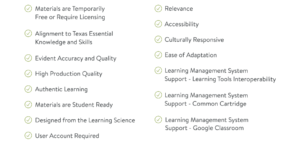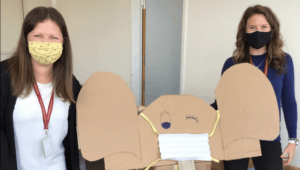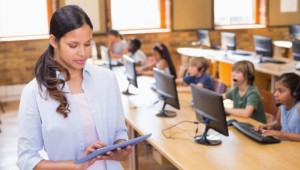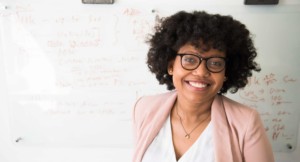Blended Learning Leverages Great Teachers
Opportunity at the Top, a great report from Public Impact, points out that it’s great teachers that close achievement gaps but that all current efforts will fall well short of ensuring that all US students see the benefits.
The problem is that we’re trying to solve the wrong problem–there’s just no way to make the batch-print model work well for all kids. Batch processing age-cohorts in groups of 25 (or more) kids through print curriculum with one teacher has lots of limitations. The Public Agenda report shows it’s mathematically impossible to put a great teacher in every room and even if we did some kids would be behind while other kids were ahead.
Even the accompanying 3x For All report falls short of the answer because it is rooted in teacher-centric delivery. The solution is a blended learning environment with tiered staffing that leverages great teachers across hundreds of kids. If personalized digital learning made up 1/3 of the elementary day and 2/3 of the secondary day, school staffing patterns can be adjusted to include a variety of learning professionals–some on site and some remote.
Blended learning involves a shift in instruction to an online environment for at least a portion of the student day with the intention of boosting learning, staffing, and/or facilities productivity. The focus is on ‘learning effectiveness’ rather than ‘teacher effectiveness’ in a traditional environment.
A blended high school with an upper and lower division might have 4 master teachers–2 in math/science and 2 in the humanities. These highly skilled content experts would serve as instructional leads across the academy and would be paid very well.
We may not be able to fill ever school with the gap-closing great teachers but we can certainly leverage a couple in every school in blended environments.








0 Comments
Leave a Comment
Your email address will not be published. All fields are required.